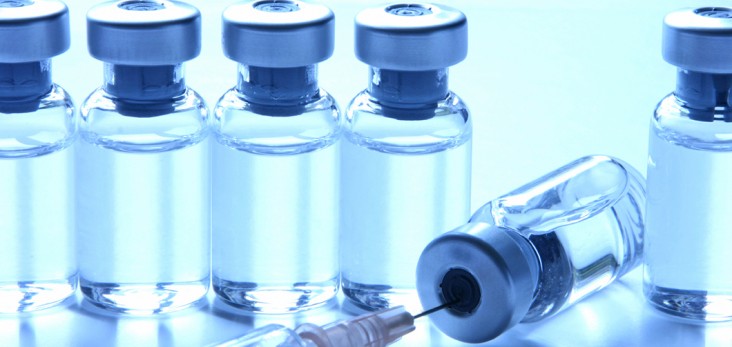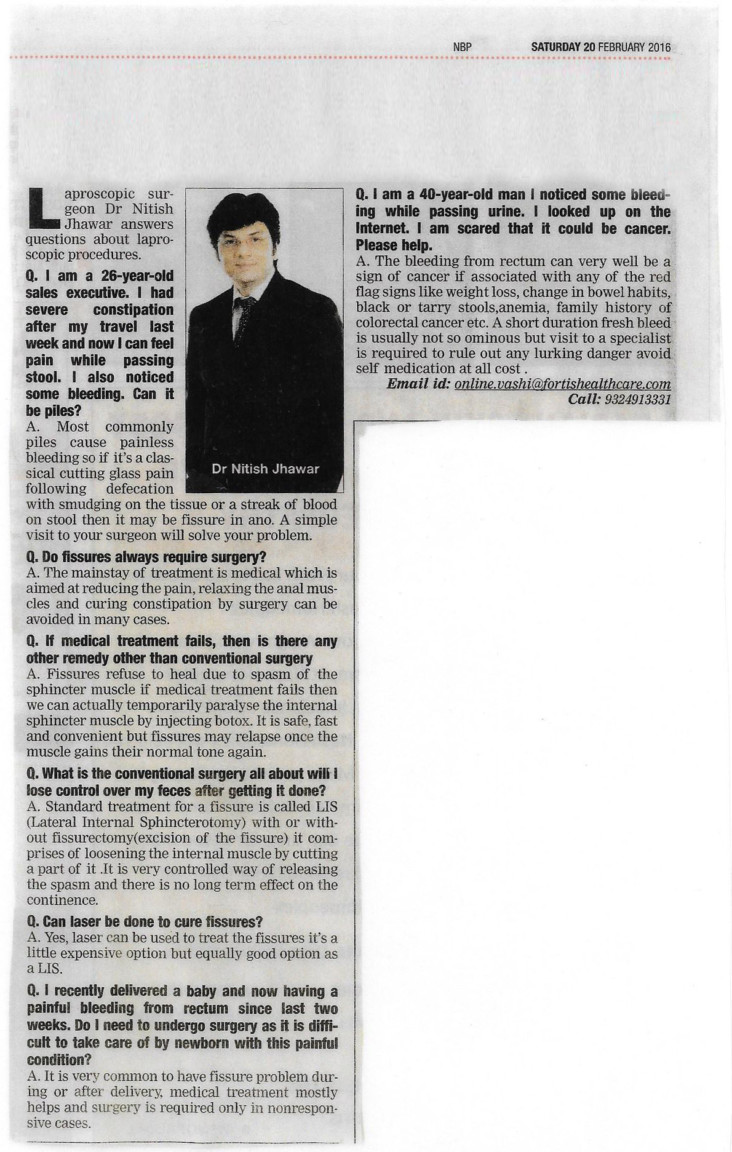Anal fissure is a common condition which occurs due to the increased pressure in the internal anal sphincter located in the anal canal. Being this condition could affect all age groups, especially young adults and the main presenting complaints include pain in the anal area on defecation and bleeding per anus.
Acute anal fissures are usually treated conservatively either with life-style modifications like increased dietary fiber and water intake or using over the counter medications like stool-softening agents (Laxatives). Some Patients are also advised to use Sitz baths, local anesthetic ointments and Glyceryl trinitrate which will ease the pain on defecation and eventually heal the fissure completely.
Chronic anal fissures, do not respond to this kind of treatments and may require surgical interventions.
Botox injection (a neurotoxin) is a latest yet, very safe and efficient method of treatment used in patients with anal fissures and commonest indication for the procedure includes chronic idiopathic anal fissure uncomplicated by other anal conditions. It is also known to be involved with a very simple technique which can be carried out in the outpatient department (OPD), without the requirement of sedation or local anesthesia.
How botox Injection works on anal fissure?
An elevated resting pressure in the anal sphincter muscles due to their hyper-tonicity (increased tone) is known to be the major cause for anal fissures to develop. This will result in a disruption of blood supply to the anal mucosa, since the blood vessels which are responsible in distributing blood to the distal anal canal are being pressurized by the increased tone of sphincter muscles, creating a chronic anal fissure.
Botox injection which contains a neurotoxin, will paralyze the internal anal sphincter on a temporarily basis and thereby decrease its tone and spasms which obstruct the blood supply to the distal anal canal. With proper perfusion and nourishment, the fissure will heal over time and symptoms will disappear. The effect of the toxin will last for about two to three months, which is usually enough for an uncomplicated fissure to resolve.
This method can be expensive yet, cost effective since it will lead to complete healing of the fissure without having to go through the risk of bowel incontinence, complications of anesthesia and wound infections which may occur as a result of lateral internal sphincterotomy surgery. More importantly, the technique used and the site of injection are independent of patient’s age, gender and the location of internal sphincter ring.
Although, there are no major side effects of Botox injections, some patients may complain of minor reversible bowel leakage (incontinence), inability to control passage of air (gas incontinence), pain caused by the injection, bleeding or hematoma formation and infections at the site of injection.
Regular follow-ups are encouraged to see the response to the treatment and improvement of symptoms and patients who do not show any positive results even about eight weeks following the Botox injection or experience complicated fissures creating severe symptoms, will have to consult colorectal surgeon or surgical gastroenterologist and undergo a surgery.








